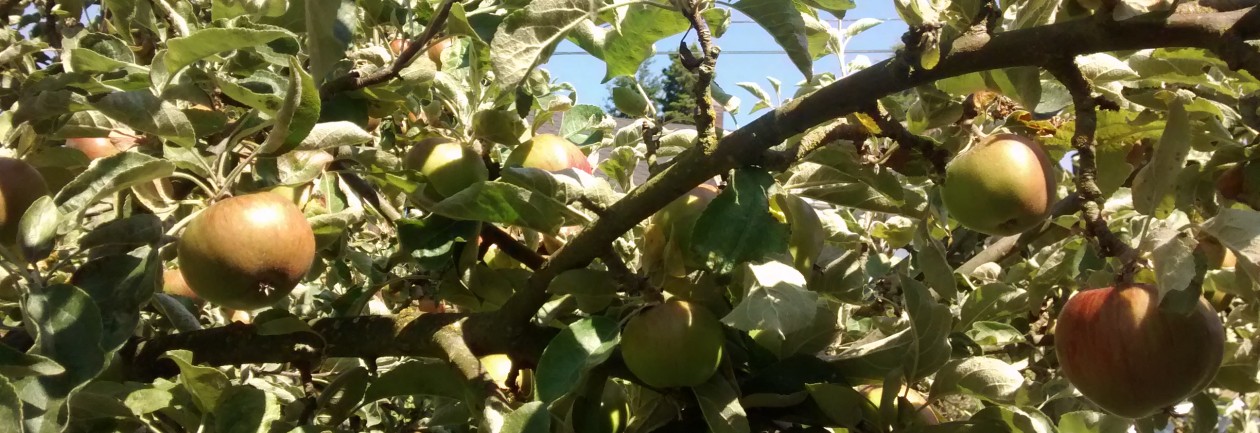As we approach the weekend of July 21, 2018, Shabbat Hazon, Tisha B’Av, I am overwhelmed by many meanings and significances that seem to be converging onto this time. It is my deepest conviction that we need to build this world with love, Olam Chesed Yibaneh, and that to do that we require the courage that springs from simple awareness of the beauty, connection and love that surrounds and cares for us at all times.
However our Jewish calendar also brings us through the depth of sorrow. At Tisha B’Av, it is our tradition to allow ourselves to truly feel the impact of our ruptured connection with the Divine, symbolized as the destruction of the Holy Temple that once (twice, actually) stood in glory in the Holy City, Jerusalem. At Tisha B’Av, we enter our sanctuary without greeting one another. We light a small candle and find a place alone in darkness, and absorb the harrowing words of Eicha sung to us through darkness in a trope that weeps like a mother grieving for her lost children, and we fast.
This image cannot help but remind us of the present day mothers who weep in detention centers for children who were taken from them at the border of our country.
Equally as significant are the unfamiliar and uncomfortably high temperatures many of us are experiencing, which cannot help but remind us that Earth’s climate is warming quickly, and with no end in sight.
In response to this crisis, our children are rising up in Zero Hour Climate Marches in DC and across the country this weekend, and are taking our government to court to force it to ensure them a livable planet.
In doing this, these children are wading in the deep waters of our tradition on Shabbat Hazon – our Shabbat of Vision. Shabbat Hazon holds before us an image of our errors and their undeniably tragic consequences, while simultaneously pointing the way through them to a different, better future in which connections are restored. Today, these children are our prophets, crying out on behalf of the future, calling on us to restore our connection with the Divine Source of Life before it is too late. This connection can only be forged through love, and must pose a direct challenge to the sinat chinam, or senseless hatred, which is believed to have been the root of our problems.
This weekend, each of us in our own way, through contemplation, prayer, fasting, or marching, can respond to the call of Tisha B’Av: to open ourselves to grief for the destruction of our beautiful home and the values we cherish, which we believe came about because of our failure to live together in peace and justice. It is not and never was some foreign adversary, but our own shortcomings that lead ultimately to the destruction of our tranquility, our home, and the moral voice that once went forth from our holy place.
So while it may seem like there is enough to be sorrowful in our own time, it is striking that so many events of enduring significance converge on this one sorrowful midsummer weekend.
May we deeply absorb the weeping voices that we hear, including our own. And may the grief of the world open our hearts to a period of deep reflection and inner transformation that will bring healing and repair of the breaches that divide us from one another, from the future, and from the ineffable Divine. And may this healing come soon.
